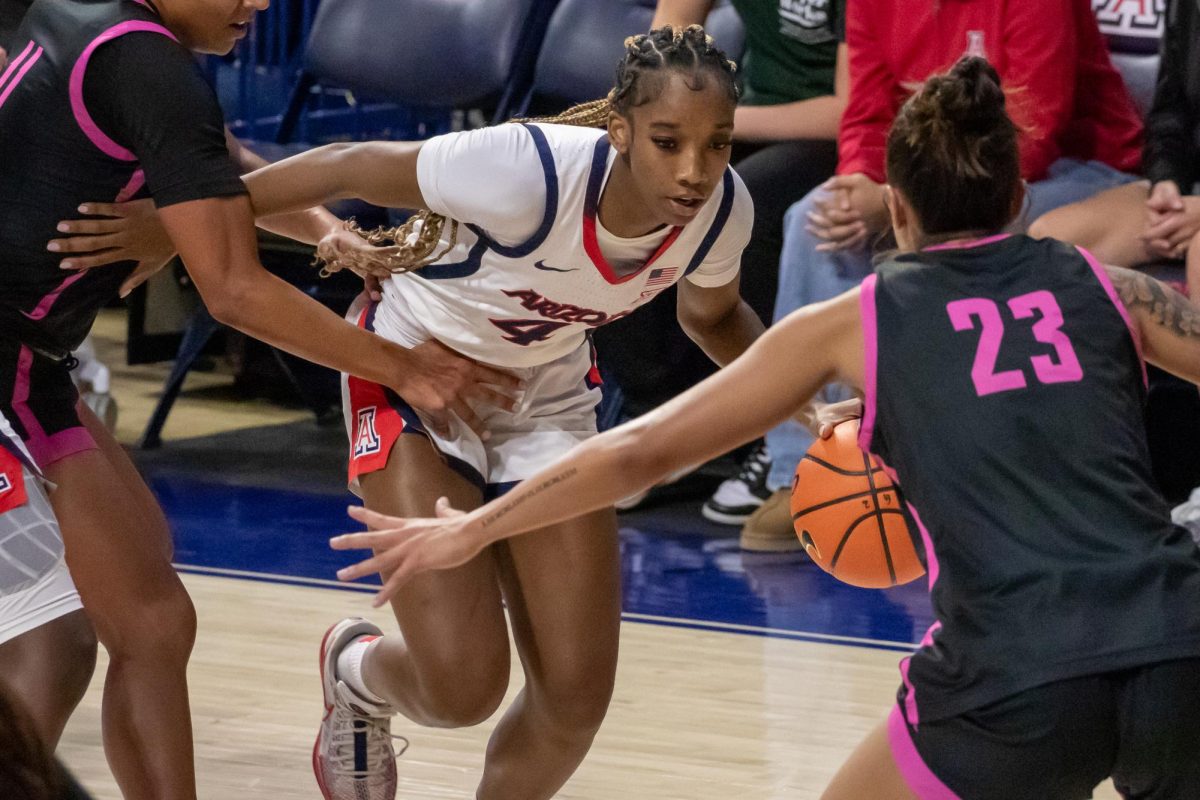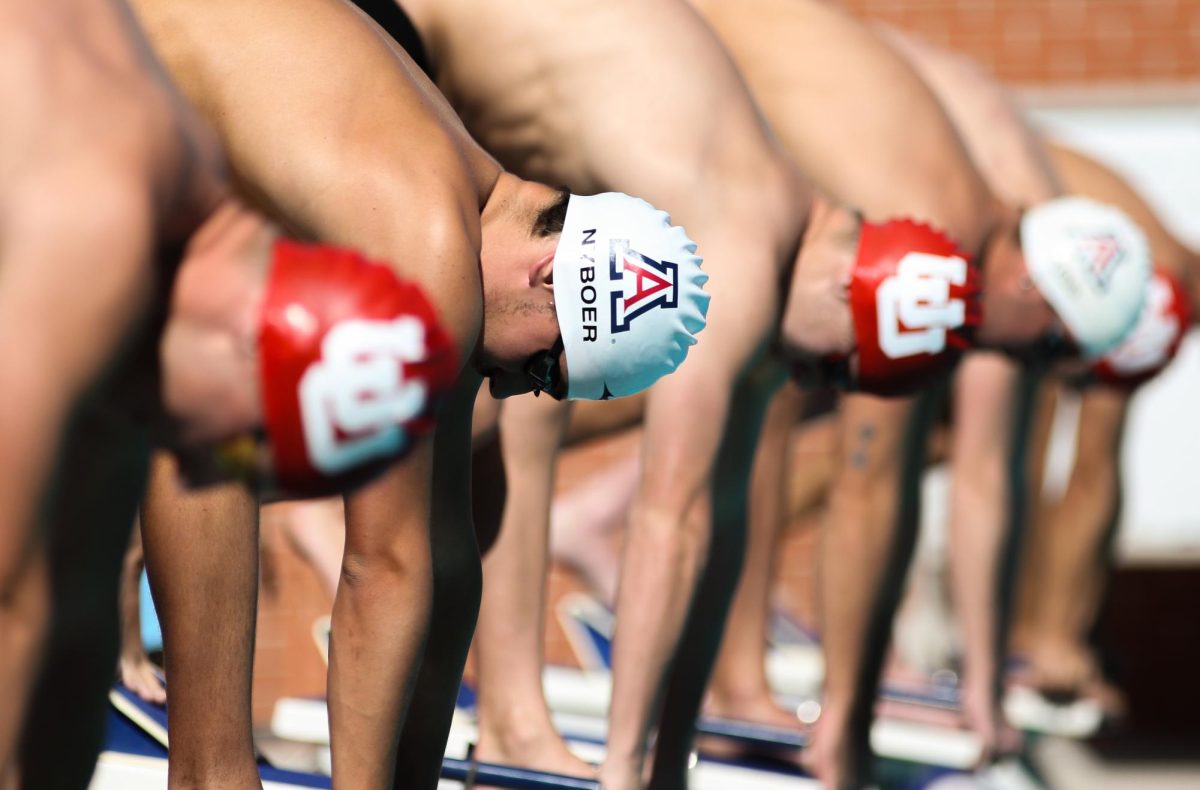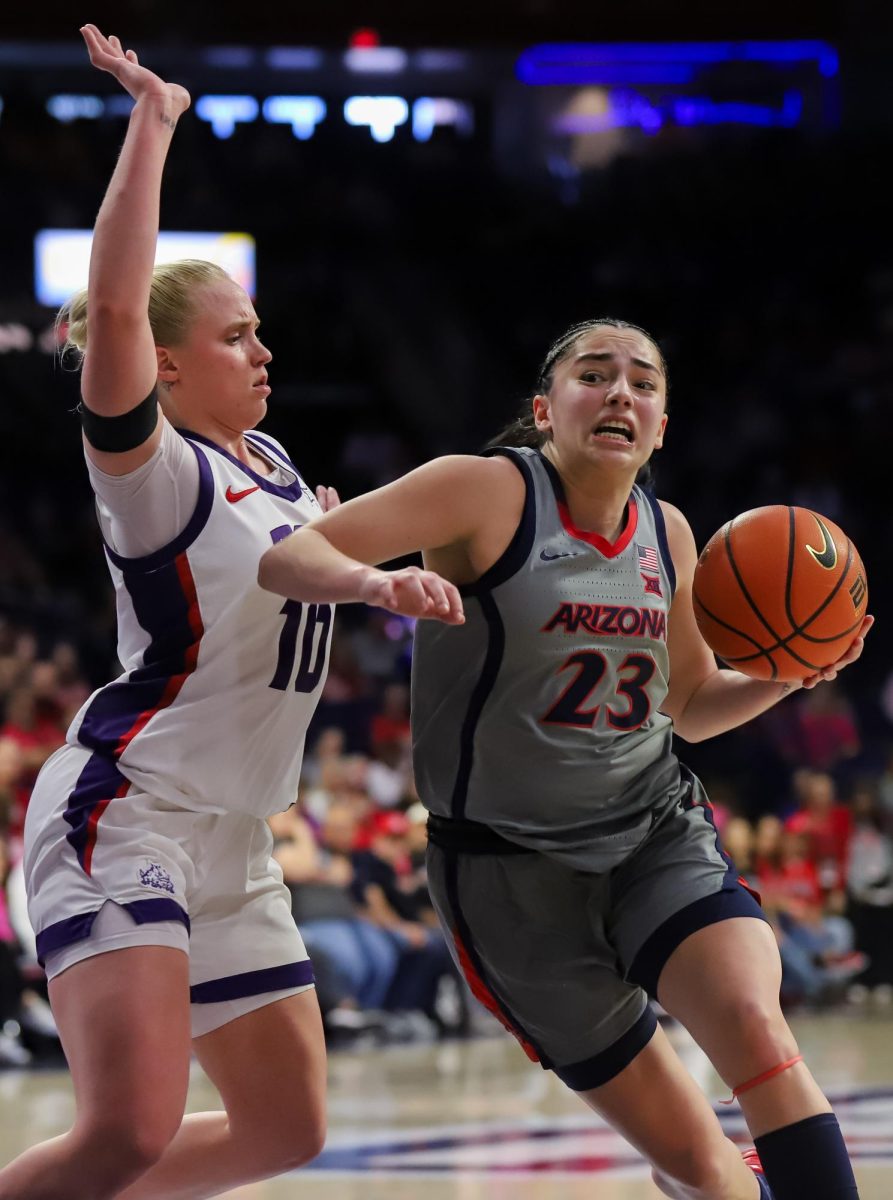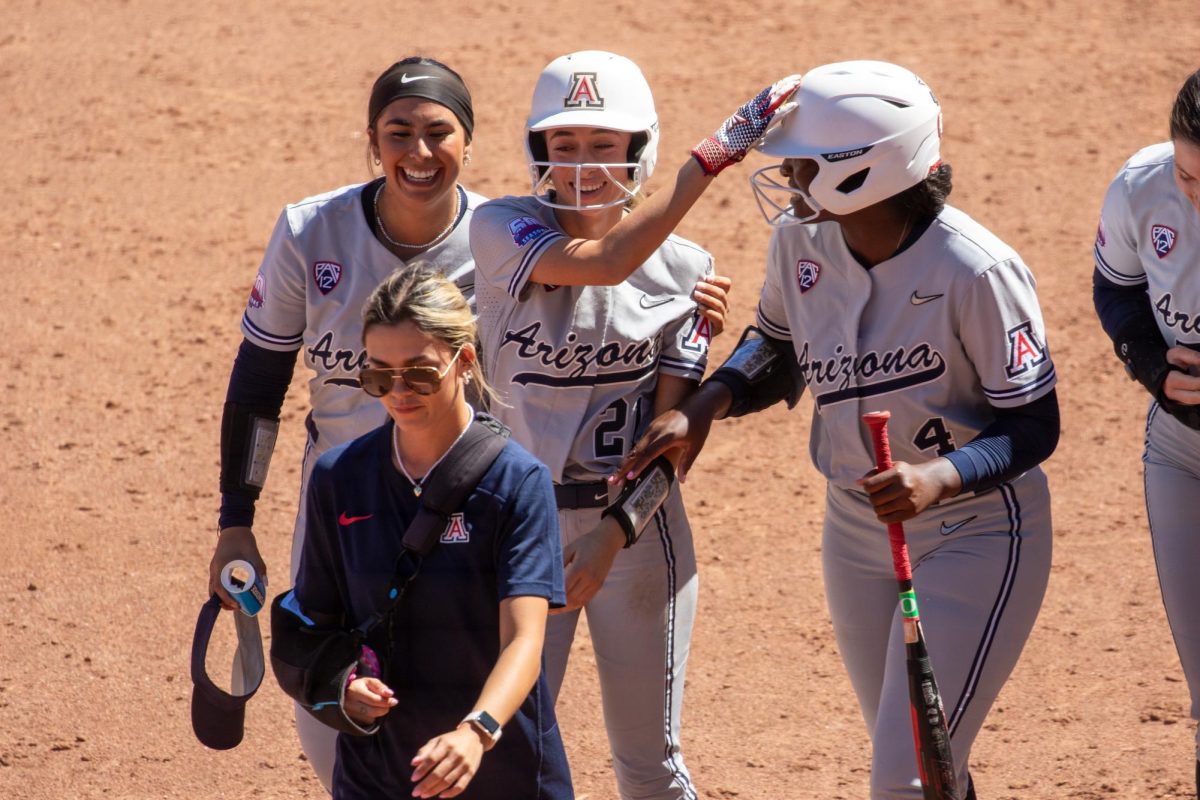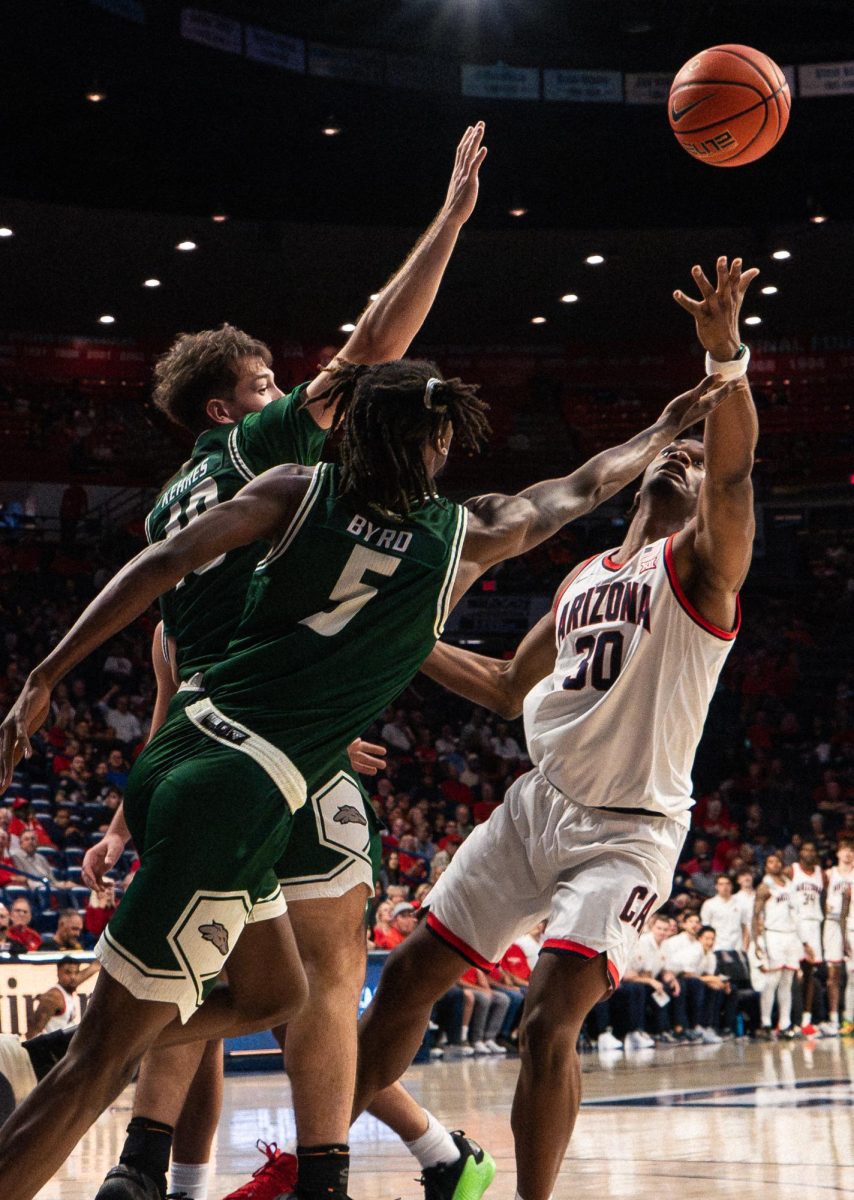Lance Armstrong goes on trial this week.
And Oprah Winfrey will serve as judge, jury and either executioner or absolver.
It’s no surprise that a talk-show host becomes the arbiter in whether the public ultimately forgives or foregoes the disgraced former cycling champion. In this era of microwaveable celebrity in which a beauty queen becomes an overnight sensation solely because a football broadcaster breaks the news to a national audience that she’s, you know, beautiful, it’s only natural that Armstrong seeks the benediction of the country’s communicator-in-chief.
If Oprah cuts you slack, then it’s only a matter of time before everybody else follows.
It’s not an attempt at journalism. This is public relations.
Armstrong made the smart move, agreeing to a 90-minute taped interview with Oprah, which will air on her OWN cable network Thursday. It no doubt will be well watched.
Late Friday, USA Today reported Armstrong will admit he cheated.
The U.S. Doping Agency produced damning evidence in October linking Armstrong to using banned substances and receiving illegal blood transfusions. The agency stripped Armstrong of his seven Tour de France titles and hit him with a lifetime ban from cycling competition.
The far-reaching story emerging from any Armstrong confession will be the decimation of any alleged sports doper’s alibi that he never failed a drug test, so he must be clean. That Armstrong could perpetrate a fraud of this magnitude for as long as did—considering all the attention and suspicions following him—reaffirms that the ever-advancing technology in helping athletes hide their ill-gotten enhancements makes it impossible to believe any clean drug test.
For instance, Armstrong’s confession doesn’t help baseball work its way out of its steroids history. And why should anybody ever believe an athlete again if Armstrong lied?
That’s what the Oprah interview should be about; instead it’ll probably be an attempt at painting Armstrong as a repentant sinner. I’m sure he’ll tear up on cue expressing his regrets for letting down those who saw his life story—from testicular cancer survivor to cycling’s grand champion—as an inspiring tale of unrelenting will.
And if the camera catches Oprah in one of her famous “We feel your pain, honey” facial expressions, millions watching will sympathetically sigh and the public-relations ploy will succeed in portraying him as someone seeking the road to salvation. Don’t forget that this is less about Armstrong making amends but rehabilitating a tainted image that cost him his cycling titles and his connection to his cancer awareness foundation.
He found the right forum. Tiger Woods’ first move after his sex scandal three years ago should’ve been arranging a seat next to Oprah.
She has become this generation’s Walter Cronkite, capable of massively shifting public sentiment.
The influential weight of such iconic figures remains as strong almost five decades later. It’s what’s being influenced today that leaves much to be desired.



